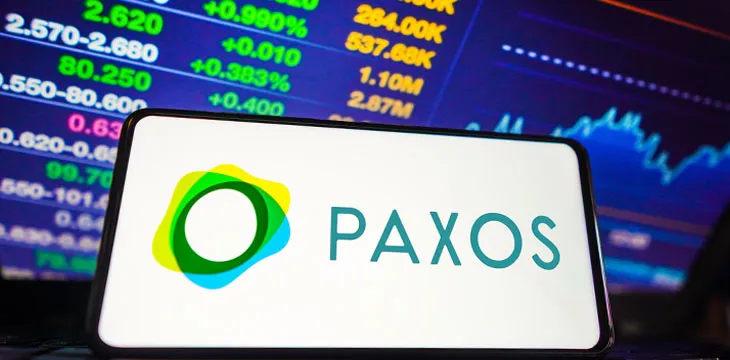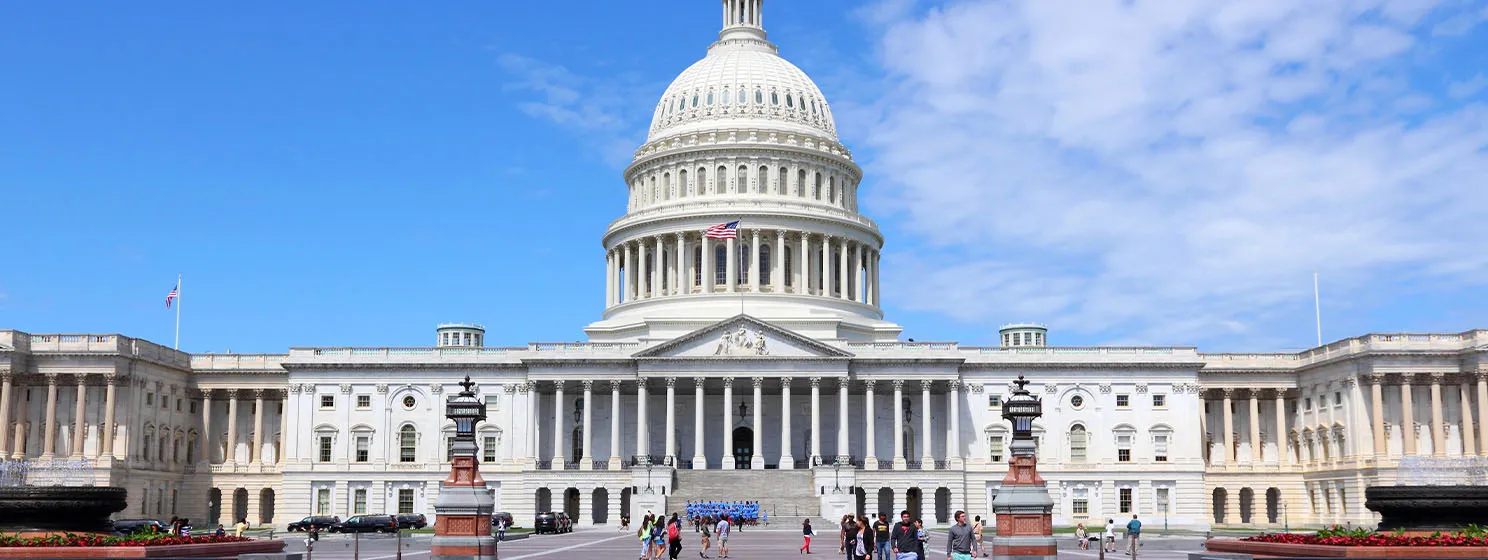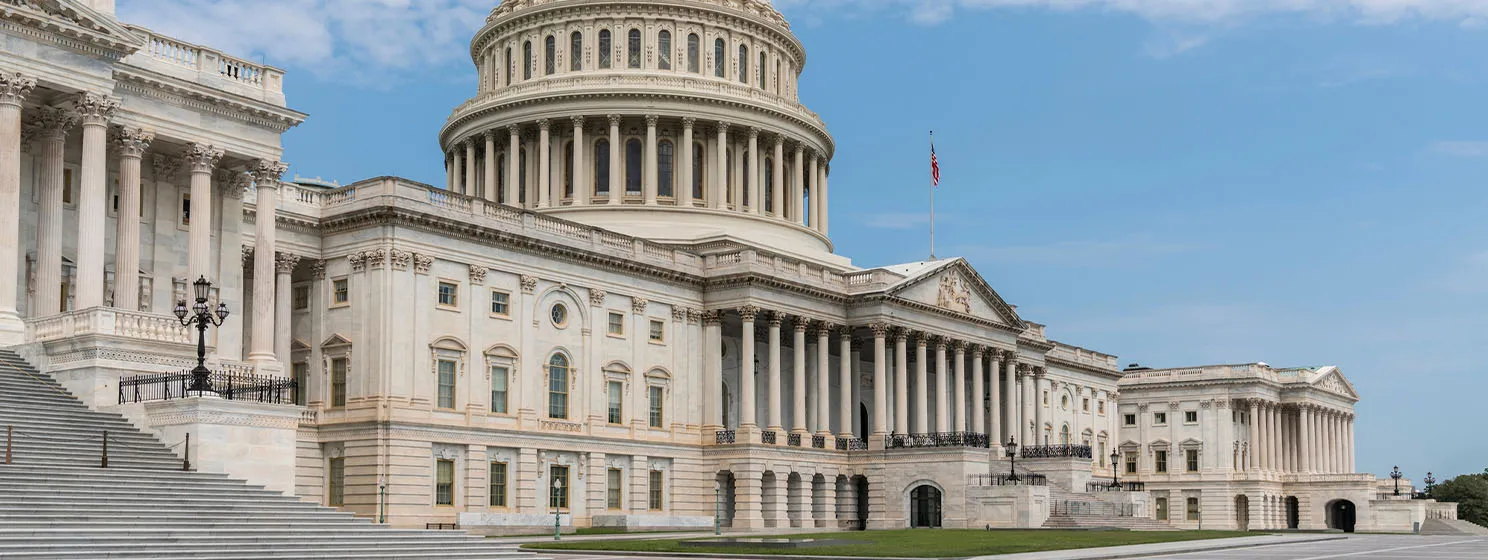
Canadian Securities Administrators
Canada wants to ban NFTs, restricts digital asset investments for mutual funds
Canada’s securities watchdog has published updated guidelines on digital assets for mutual funds, prohibiting investment in or holding digital assets...
Beware of fake regulators listed by digital asset firms, Canadian regulator warns
The Canadian Securities Administrators says digital asset firms are listing fake regulators to gain credibility and called on investors to...
Binance exits Canada citing increased regulation
Binance joins fellow "crypto" exchanges Coinbase and Kraken in exiting the Canadian marketplace as the country tightens its regulatory muscle...
Paxos exits Canada amid increasing regulatory crackdown
Paxos follows exchanges OKX and dYdX which have announced exits from Canada at a time when regulators have enforced new...
OKX point to ‘new regulations’ as reason for Canada exit
Canadian regulators have been shoring up digital currency regulatory loopholes and demanding better from VASPs, and OKX is unable to...
Canadian securities watchdog passes new rules for VASPs, demands swift compliance
To safeguard investors, Canada enhances its regulatory control of VASPs, which includes restricting them from offering stablecoins to customers and...
Recent
Trending
Most Views

 07-15-2025
07-15-2025 






























